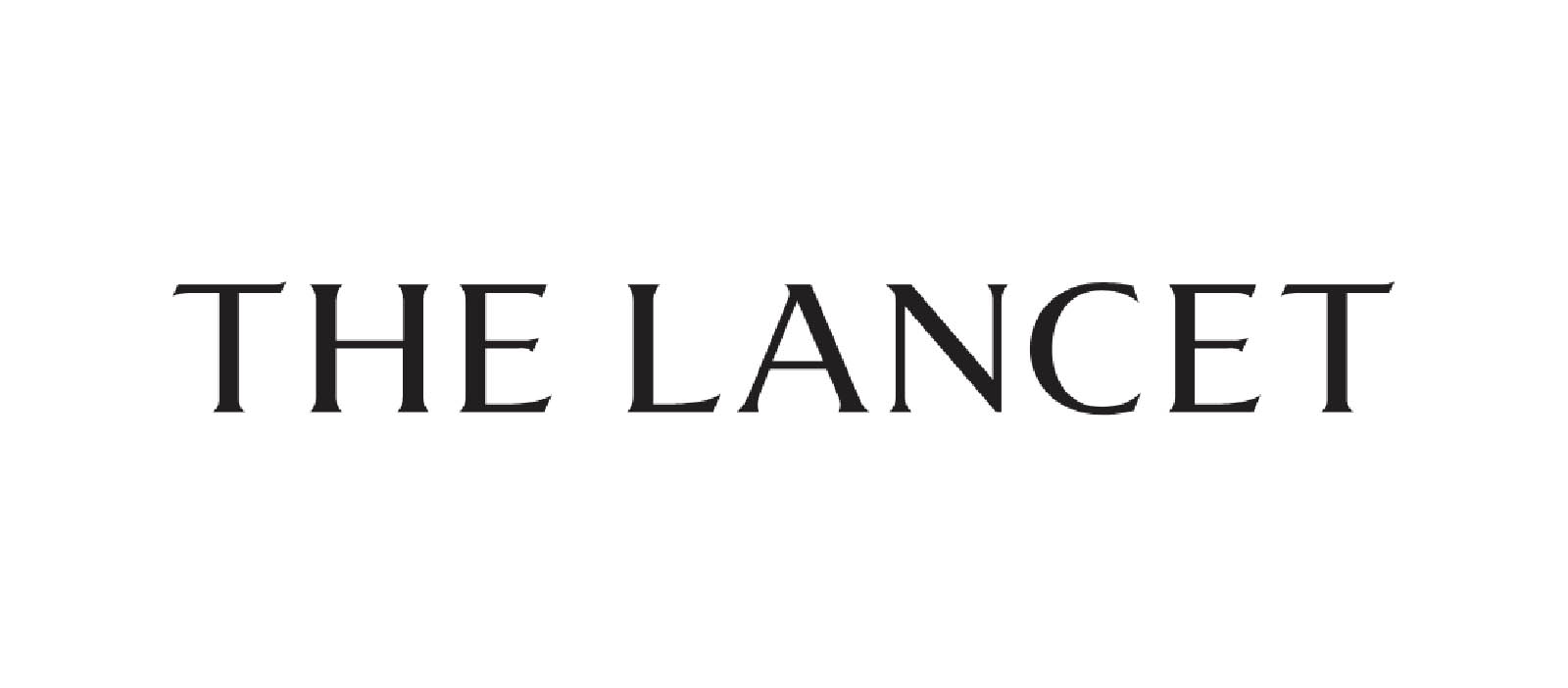Lorraine Evangelista et al. –
Leila is an 86-year-old woman with type 2 diabetes and high blood pressure. She lives alone, and, as a result of a recent heart attack, her family doctor and cardiologist want to see her more frequently. She has some moderate arthritis involving her knees and hips and poor vision, but she is committed to maintaining her independence.
Leila represents a typical older patient in many countries. How to care for an ageing population, which is anticipated to double worldwide by 2050, is a question facing individuals, families, health-care systems, and nations. Older patients with multimorbidity, age-associated limitations in mobility, vision, memory, and hearing, plus, all too frequently, social isolation, loneliness, and depression have complex health needs. There are additional difficulties for older people who live on fixed, limited incomes and in low-resource areas. The challenges Leila faces highlight the global need for user-friendly alternatives to hospital and institutionalised care that can support health management and autonomy of living alone for as long as possible.
Read the full article in The Lancet.





